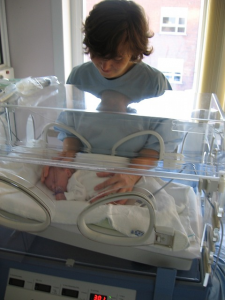
Selenium is a micronutrient that plays an important role in the oxidative defense of cells and DNA against damage by harmful free radicals. Selenium is the main component of the selenoproteins that play important roles in reproductive function, immune system modulation, and thyroid hormone synthesis [Sahebari].
Low Serum Selenium Levels and Autoimmune Diseases
Decreased serum selenium levels have been associated with increased incidence of some autoimmune diseases. Furthermore, low levels of selenium may be a risk factor for systemic inflammation and for the initiation of some autoimmune diseases [Sahebari]:
- Rheumatoid arthritis
- Sjögren syndrome
- Behcet’s diseases
- Scleroderma (systemic sclerosis)
Selenium Supplementation and Autoimmune Diseases
Selenium supplementation has been shown to have beneficial effects in the management of rheumatoid arthritis and scleroderma [Sahebari].

